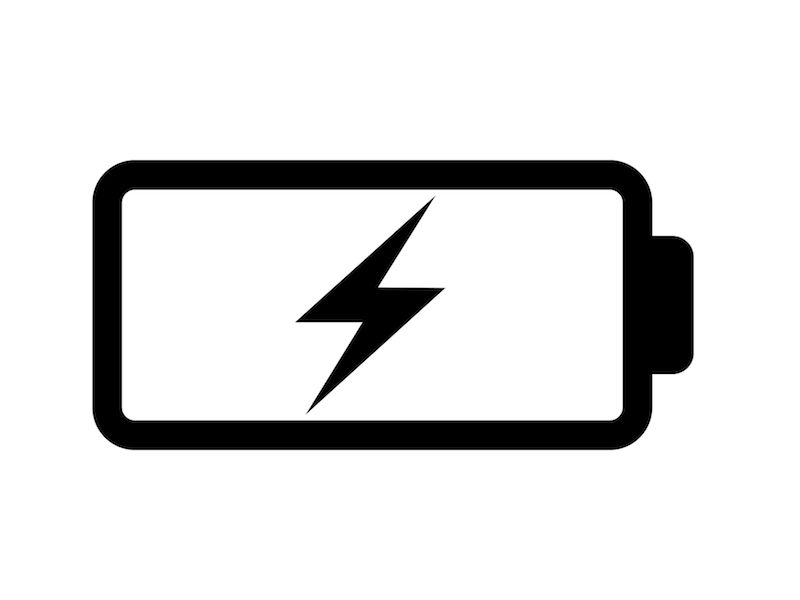
Rechargeable hearing aids are designed so that you’ll need to stress less about losing battery power, but the technology may also make you slightly anxious when you depend on your devices to hear. Do rechargeable hearing aids work as well as advertised or do they even work at all?
Those questions are understandable, as is the accompanying anxiety. A hearing aid can be a vital part of one’s everyday life, as necessary for a quick visit to the grocery store as they are for the enjoyment of a movie or television show. When a piece of technology impacts so many aspects of your life, it’s essential that it functions properly and reliably.
What Kind of Battery do I Have?
Most modern-day hearing aids have rechargeable batteries by default, so it’s likely if you bought your hearing aids recently, it has one of two types of batteries. Silver-zinc batteries, which can usually be identified by a battery door on the device, are rechargeable, but every so often they need to be replaced. A Lithium-ion battery, however, will not have a battery door because the batteries will last as long as the hearing aid does.
Rechargeable Hearing Aids Need Special Care
For the most part, rechargeable hearing aids do work, and they work well. The reliability of these devices has enhanced dramatically in the last few years, as battery technologies have improved. As with any other electronic device, however, there are a few easy maintenance procedures that users can follow to improve the dependability of their rechargeable hearing aids.
- The Charging Station is Where Your Hearing Aids Should be Stored: If your hearing aids have rechargeable batteries, you can increase your device’s battery life by ensuring that you consistently store your hearing aids on their charging station. The long term battery life is not reduced by charging a battery that is not totally drained.In fact, ensuring that your hearing aids are charging when you’re not using them can actually maximize your long-term battery life. For lots of people, putting their charging station beside their bed is a convenient reminder to charge the devices when it’s not in use.
- Be Mindful of Wires: Either the hearing aid itself or the charging station will contain some type of wire element on most hearing aids. Being mindful of these wires is essential for hearing aid users; do not pull or hold your device by these wires as this can damage the connections that allow your hearing aid to charge.
- Keep Your Hearing Aids Clean and Dry: Your hearing aids will collect moisture, dust, and debris regardless of how often you use them. Your hearing aid may not thoroughly charge if it is exposed to any of these three elements. That’s why it’s crucial to keep your hearing aids clean and dry specifically when connecting your hearing aid to its charging station.
How to Replace a Rechargeable Battery
Lithium-ion batteries will normally last the lifespan of your device. Consequently, you should not have to worry about replacing those batteries. Simply continue recharging your hearing aids as long as needed.
Hearing aids that rely on silver-zinc batteries, however, might need fresh batteries occasionally. Changing batteries in the right way can help improve the lifespan of your hearing aids. Because of this, hearing experts suggest the following:
- Let the batteries sit out at room temperature for at least five minutes before taking off any tabs that may be attached.
- Ensure that your battery compartment is clean and free of moisture.
- Make certain you have a dry, room temperature spot to keep your batteries.
- Until you’re ready to use the batteries, don’t remove the plastic tabs or packaging.
- Make sure you wash your hands before replacing your hearing aid batteries.
Non-Use For Long Periods
If you are planning not to use your hearing aids for long amounts of time, leaving them on the charger might no longer be the best way to store your devices. Just disconnect your hearing aid and put it in a cool dry spot if, for instance, you know you won’t be using them for a few weeks or a month.
If your hearing aids utilize silver-zinc batteries, you might also think about leaving the battery door open so that you can prevent moisture from corroding your batteries.
Rechargeable for Everyday Use
For most people, and for everyday use, charging your hearing aids once a day should be enough for all of your needs. To get 24 hours worth of battery life with a lithium-ion battery will usually only require 3-4 hours every day.
Do rechargeable hearing aids work? Not only do they work, but rechargeable hearing aids will most likely become more and more common and reliable as the technology continues to improve. Contact your local hearing aid retailer to see all the different models
